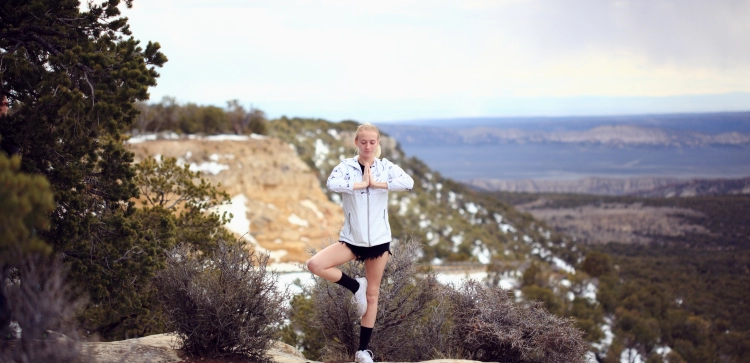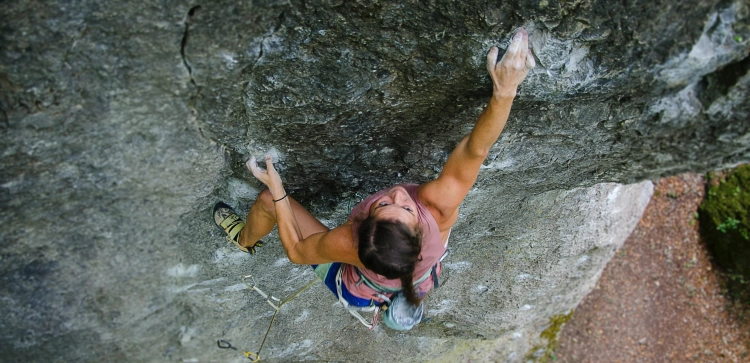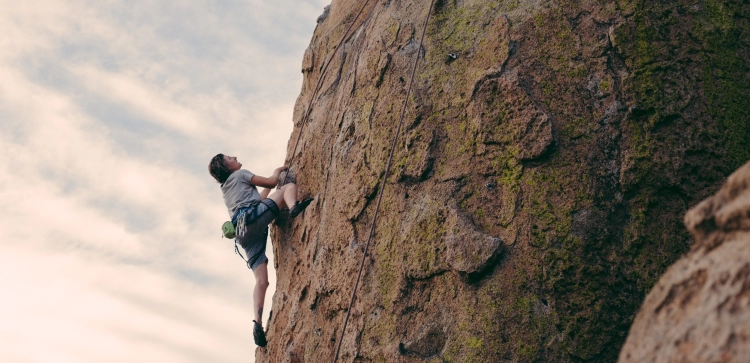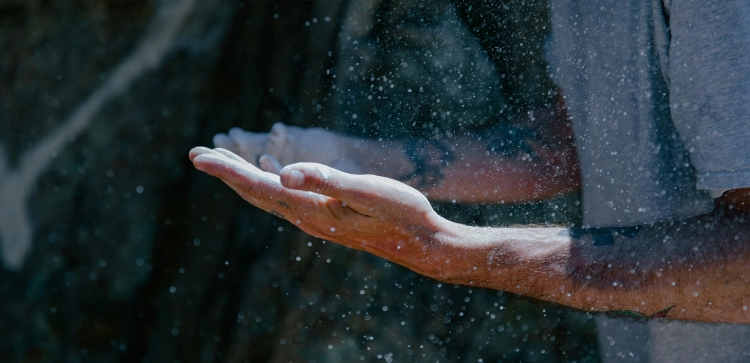What's The Impact Of Climbing On Mental Health?

Climbing is not merely a physical pursuit; it transcends the realms of rock and rope to become a transformative journey for the mind. As climbers ascend vertical landscapes, they embark on an exploration of mental resilience, emotional well-being, and the profound interplay between the body and the mind. In this comprehensive guide, we will delve into the intricate relationship between climbing and mental health, unraveling the multifaceted impact climbing has on cognitive function, emotional well-being, and overall mental resilience.
- The Cognitive Benefits Of Climbing
- Mental Focus And Concentration: Mindful Ascent
- Problem-Solving Skills: The Puzzle Of Routes
- Spatial Awareness And Visual Processing: Navigating The Vertical Canvas
- Emotional Well-Being And Climbing
- Stress Reduction: Nature's Panacea
- Flow State: The Climber's Euphoria
- Emotional Regulation: Facing Fear And Building Resilience
- Mental Resilience And Climbing
- Perseverance And Grit: The Summit Of Mental Resilience
- Confidence And Self-Efficacy: From Holds To Life's Challenges
- Mind-Body Connection: Harmony In Ascent
- Addressing Common Questions And Concerns
- Can Climbing Help Manage Anxiety And Depression?
- Is Climbing Suitable For Individuals With PTSD?
- How Does Climbing Impact General Well-Being?
- Conclusion: Elevating Minds, One Ascent At A Time
The Cognitive Benefits of Climbing
Mental Focus and Concentration: Mindful Ascent
Climbing demands a heightened state of mental focus and concentration. As climbers navigate intricate routes, analyze holds, and plan movements, they engage in a form of mindfulness. The intense focus required during climbing acts as a mental workout, enhancing cognitive abilities and sharpening concentration skills.
Problem-Solving Skills: The Puzzle of Routes
Each climbing route presents a unique puzzle, challenging climbers to analyze sequences, assess the terrain, and strategize movements. Problem-solving on the rock promotes cognitive flexibility, creative thinking, and adaptability. Climbers develop a resilience to overcome mental obstacles, translating these skills into everyday problem-solving scenarios.
Spatial Awareness and Visual Processing: Navigating the Vertical Canvas
Climbing involves a dynamic interplay of spatial awareness and visual processing. Climbers must assess distances, interpret holds, and plan movements in three-dimensional space. This constant engagement refines spatial cognition, enhancing the ability to perceive and navigate the surrounding environment.
Emotional Well-Being and Climbing
Stress Reduction: Nature's Panacea
The natural environments where climbing often takes place contribute to stress reduction. Outdoor climbing areas, surrounded by scenic landscapes, provide a therapeutic escape from the demands of daily life. Exposure to nature, known as ecotherapy, has been linked to reduced stress levels and improved mental well-being.
Flow State: The Climber's Euphoria
Climbing has the potential to induce a state of flow—a psychological concept describing an immersive and highly focused mental state. In the flow state, climbers experience a perfect balance between challenge and skill, losing themselves in the moment. This euphoric state contributes to positive emotional well-being and a sense of accomplishment.
Emotional Regulation: Facing Fear and Building Resilience
Climbing involves confronting fear and managing emotions in high-stakes situations. The process of facing and overcoming fear fosters emotional regulation and resilience. Climbers learn to navigate fear, anxiety, and stress, translating these skills to cope with challenges beyond the climbing realm.
Mental Resilience and Climbing
Perseverance and Grit: The Summit of Mental Resilience
Climbing is a pursuit that requires perseverance and grit. Overcoming challenging routes, facing setbacks, and pushing physical and mental boundaries build mental resilience. Climbers cultivate a tenacious mindset, learning to persevere through difficulties both on and off the rock.
Confidence and Self-Efficacy: From Holds to Life's Challenges
Success in climbing contributes to increased confidence and self-efficacy. Accomplishing challenging climbs, whether small boulders or towering peaks, reinforces a belief in one's abilities. The confidence gained on the rock extends to everyday life, empowering climbers to tackle challenges with a sense of self-assurance.
Mind-Body Connection: Harmony in Ascent
Climbing is a unique activity that fosters a profound mind-body connection. The coordination required between physical movements and mental focus creates a harmonious synergy. This mind-body connection not only enhances climbing performance but also promotes overall well-being by integrating physical and mental health.
Addressing Common Questions and Concerns
Can Climbing Help Manage Anxiety and Depression?
Climbing has shown promise in helping manage anxiety and depression. The combination of physical activity, exposure to nature, and the mental focus required during climbing can contribute to improved mood, reduced stress, and a sense of accomplishment, which are beneficial for individuals dealing with anxiety and depression.
Is Climbing Suitable for Individuals with PTSD?
Climbing can be a therapeutic activity for individuals with post-traumatic stress disorder (PTSD). The structured nature of climbing, the need for focus, and the sense of control can contribute to a positive impact on mental health. However, it's essential to approach climbing as part of a comprehensive treatment plan and in consultation with mental health professionals.
How Does Climbing Impact General Well-Being?
Climbing positively impacts general well-being by promoting physical fitness, enhancing cognitive function, reducing stress, and fostering a sense of accomplishment. The holistic nature of climbing, encompassing physical and mental aspects, contributes to an overall sense of well-being and life satisfaction.
Conclusion: Elevating Minds, One Ascent at a Time
In the vertical world of climbing, the impact on mental health goes beyond the physical act of ascent. Climbing becomes a metaphorical journey, where mental resilience is forged, emotional well-being is nurtured, and cognitive abilities are refined. As climbers ascend rock faces, they embark on a transformative exploration, elevating their minds, one ascent at a time. Whether conquering peaks or navigating boulders, the profound connection between climbing and mental health unfolds, leaving climbers not only physically invigorated but mentally empowered.















